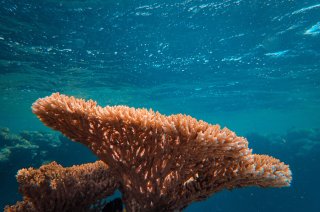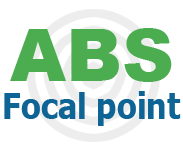
category_news
The internationally recognised certificate of compliance (IRCC) of the Nagoya Protocol
You may have heard the terms ‘IRCC’ or ‘internationally recognised certificate of compliance’ in the context of ABS and the Nagoya Protocol. What are IRCCs and how do they make it easier for users to fulfil their due diligence obligations?
What is an IRCC?
An internationally recognised certificate of compliance (IRCC) is a document published on the ABS Clearing-House website (ABSCH) by the provider country. This document, which is visible for everybody, is meant for monitoring and providing transparency on the utilisation of genetic resources under the Nagoya Protocol. An IRCC provides evidence that the user has accessed a genetic resource legally and in accordance with prior informed consent (PIC) and that mutually agreed terms (MAT) have been established, if required by the domestic ABS legislation or regulatory requirements of the provider country.
What information does an IRCC contain?
According to Art.17 of the Nagoya Protocol, an IRCC shall at least contain the following information: the issuing authority; the date of issuance; the provider; a unique identifier of the certificate; the person or entity to whom PIC was granted; the subject-matter or genetic resources covered by the certificate; confirmation that PIC was obtained; confirmation that MAT were established; and whether it covers commercial and/or non-commercial use.
Additional information may be included, for instance on the conditions for third party transfer, as is specified in this IRCC. A published IRCC does not always provide all the elements mentioned above, for instance because some information is considered confidential. For example, this IRCC does not list the person or entity to whom PIC was granted. The ABSCH provides a list of all IRCCs published by provider countries.
How can I use an IRCC?
After you have obtained PIC and MAT, ask the competent national authority (CNA) of the provider country to publish an IRCC on the ABS Clearing-House website. When a compliance check is carried out, you can easily refer to the IRCC number to show that you have performed your due diligence obligations as a user of genetic resources.
If this is not feasible, users need to document and provide information to show that they have applied due diligence. In this case, you need to go through the steps laid down in EU ABS Regulation (Regulation (EU) 511/2014), Article 4, paragraph 3, which specifies the information you need to collect to fulfil your obligations in this field. As it can take some effort to collect and keep this documentation, having an IRCC helps you to minimise your administrative burden.
IRCCs on the ABS Clearing-House
Since the Nagoya Protocol came into force in 2014, over 4000 IRCCs have been published on the ABS Clearing-House by twenty-five provider countries. The number of certificates of compliance published on the ABSCH has more than tripled in the past two years. The countries that have published the most IRCC are India (2927), France (587) and Spain (146).
